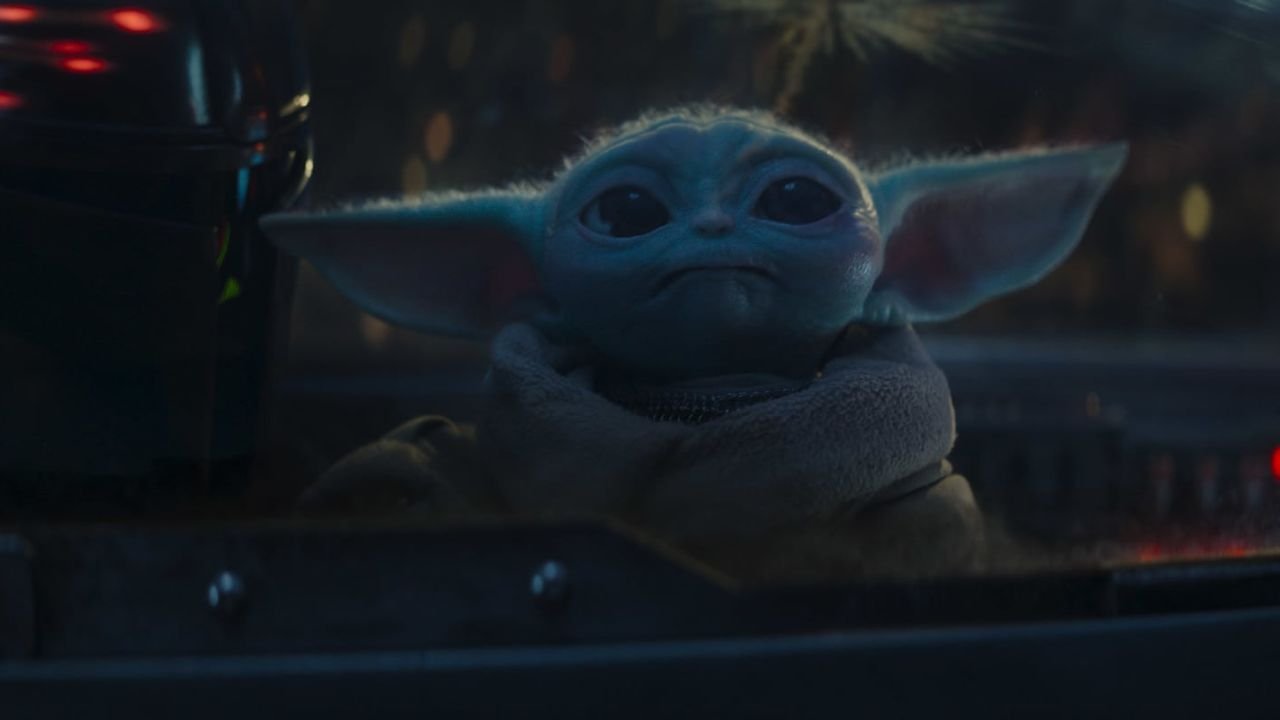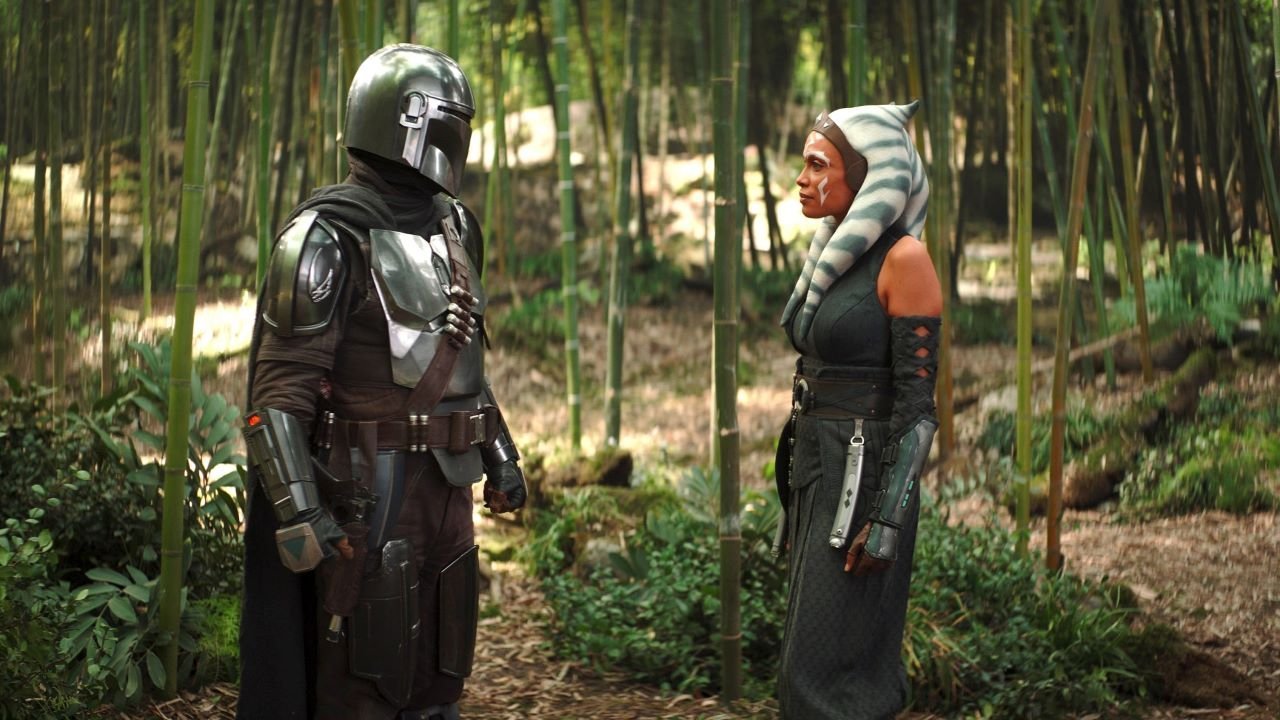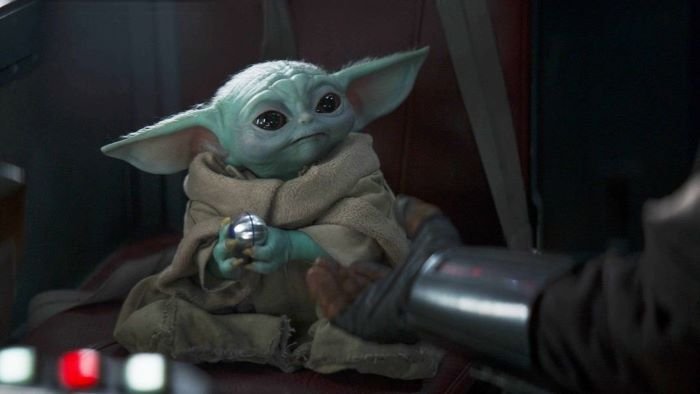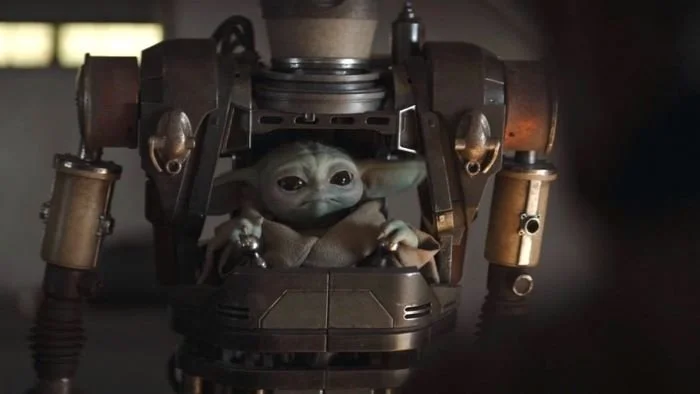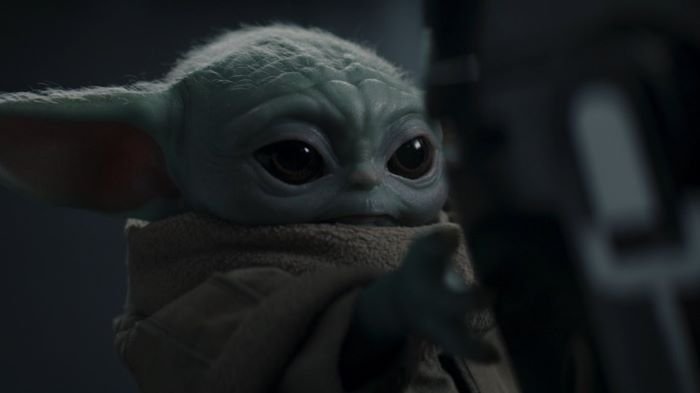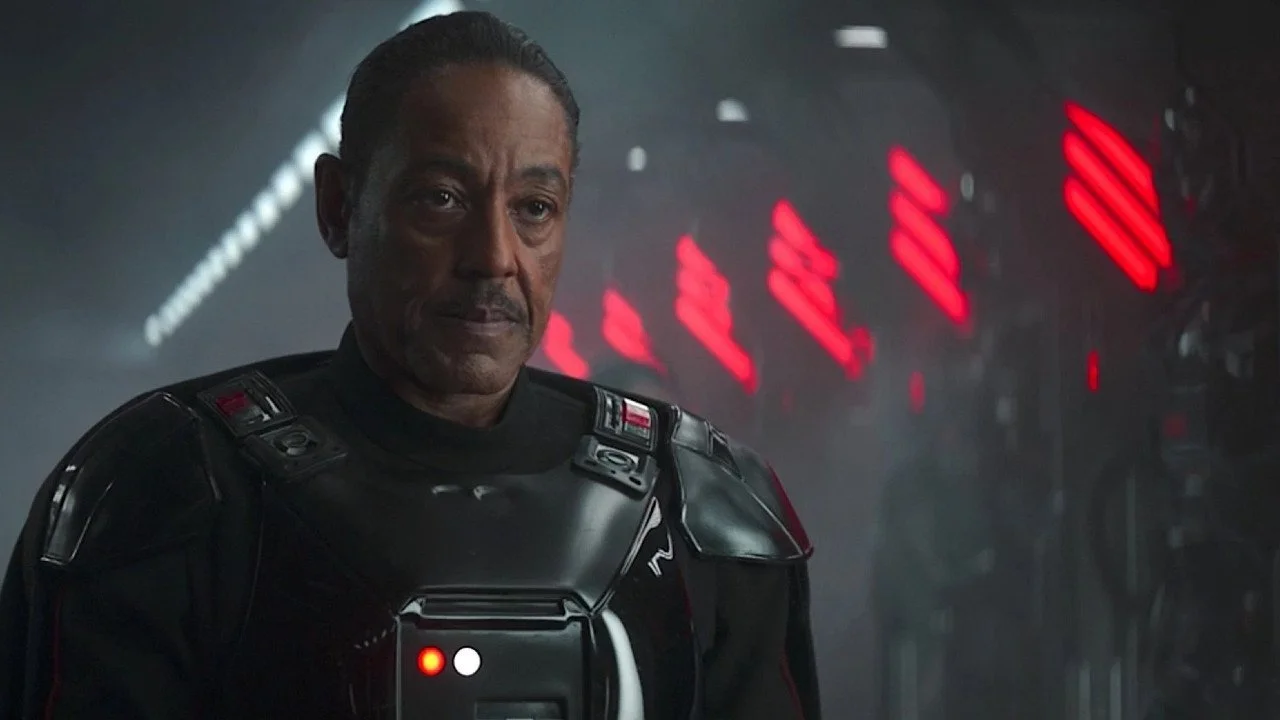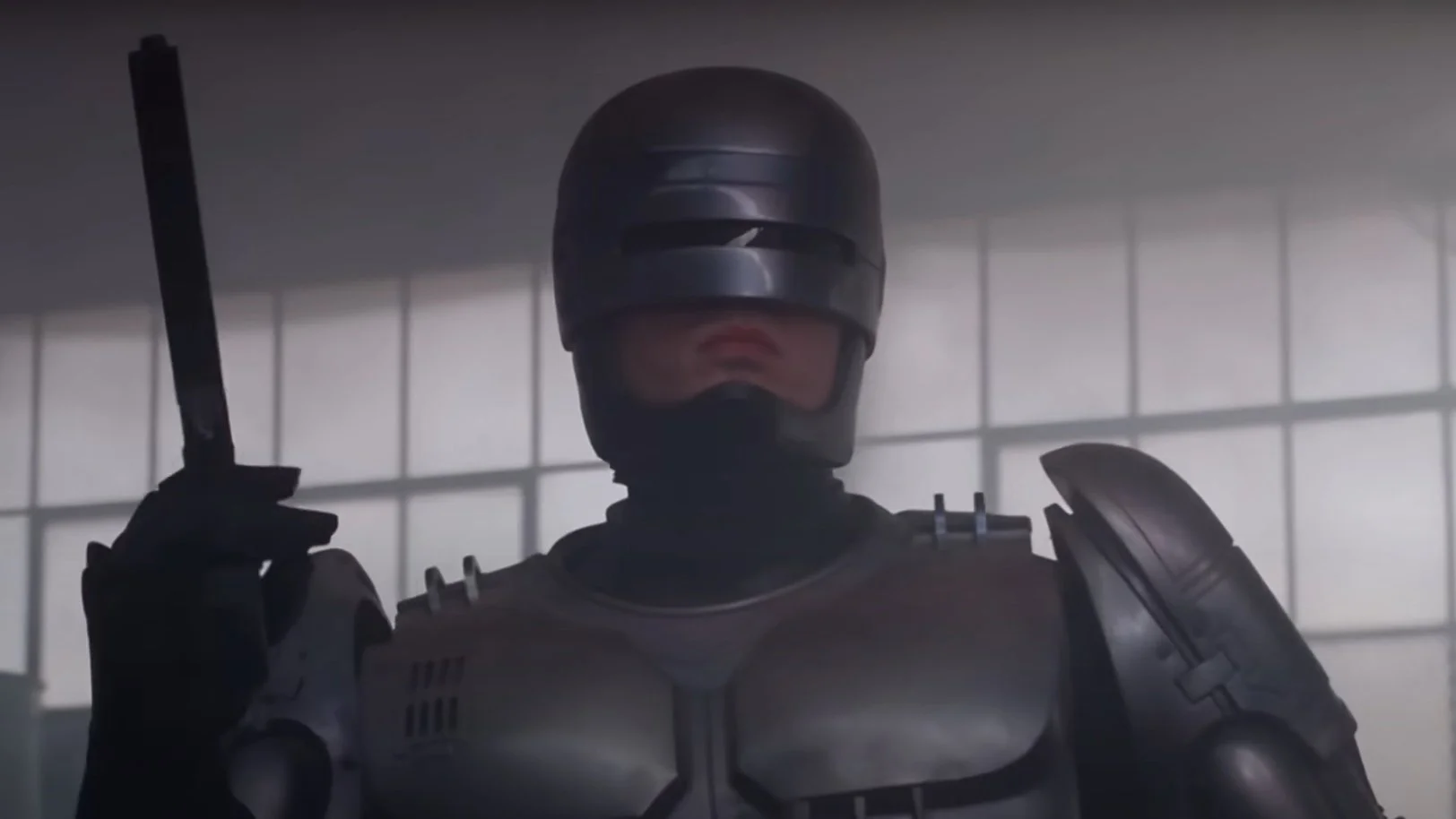When Will Grogu Start Speaking? A Speech Pathologist's Perspective
Image Source: StarWars.com
All across the galaxy, there is one little green toddler that has everyone talking—even if he hasn’t gotten there himself yet. The world instantly fell in love with the tiny, big-eared “Baby Yoda” When he appeared in the first episode of The Mandalorian. Over the last two seasons, we have seen him grow up so much, finally having his first solo adventure in the second episode of Season 3. As his Force abilities develop and his role becomes more independent, audiences everywhere have been asking the same question: when will we hear Grogu’s first words?
The desire and ability to communicate are observed among all species, and communication development is one of the most important phases in a young child’s growth. Language acquisition follows a typical pattern, and babies naturally acquire language in a fairly structured sequence. If a child is not meeting expected language milestones, parents and caregivers might consult the help of a speech-language pathologist (SLP), a trained therapist who treats individuals with communication difficulties.
RELATED:
Is Grogu on track to meeting his speech milestones? It is hard to say. Human babies typically say their first words at 12-14 months, which would put Grogu’s development back about…50 years. We obviously don’t know the language norms of Grogu’s mysterious species, so rather than focusing too much on the time frame of his speech development, we can assess the skills that he is exhibiting to make a judgment about his future progress.
When considering language development, there are 2 important aspects we need to take a look at: expressive language (the ability to produce speech), and receptive language (the ability to understand spoken language). If a child seems to be delayed in expressive language, we also have to assess their level of understanding.
The Rossetti Infant-Toddler Language Scale is a norm-referenced tool speech pathologists use to assess the language skills of children aged 0-3 years. This scale provides information about a child’s interaction with their caregivers, use of gestures, pragmatic (or social) skills, play skills, and language expression and comprehension. Based on the scales, Grogu demonstrates scattered skills across multiple different age ranges.
Grogu’s skills are relatively strong in Interaction-Attachment, as he demonstrates the ability to play away from his caregiver and request assistance and retreat to his caregiver around unfamiliar adults, the most mature skills in this category. He utilizes many gestures, such as waving hi and bye, reaching to be picked up, and pointing meaningfully at objects, which are skills observed in the 9-12 month range. Socially, he has been shown to play collaboratively with other children, point to objects, and protest, which are skills in the 15-18 month range.
Image Source: Digital Spy
Receptively, his understanding has grown enormously from Season 2, when he (adorably) could not follow Din’s directions when attempting to fix the Razor Crest. However, in Season 3 he singlehandedly navigated the N-1 to Bo-Katan’s base and led her through the ruins of Mandalore to his incapacitated dad, so his understanding has clearly developed beyond the skills targeted in the Rosetti. As for his spoken language, he is still mainly relying on gestures and vocalizations to make his needs known, which would put his expressive skills solidly in the 9-12 month range.
Season 3 Episode 7 of The Mandalorian marked an important milestone in Grogu’s ability to communicate when he uses a reconstructed IG unit to say “yes” and “no” for him. A speech pathologist would call this an AAC (Alternative and Augmentative Communication) device, and similar technology is used for people who do not communicate verbally. Considering how much therapy usually goes into training children to use AAC, Grogu gets the hang of this device surprisingly quickly. I would love to know what the communication board looks like—is there a green switch for yes, and red for no? Are there pictures he can click on to say other phrases? Either way, this is a watershed moment for Grogu’s development. AAC is absolutely considered speech, and it probably comes as no surprise that Grogu’s first word using it was “no.” AAC is typically used in conjunction with verbal speech—often, we see that AAC devices actually help users learn the verbal language as well.
Image Source: Nerdist
Currently, Grogu’s verbalizations can be characterized as babbling. Babbling is an important step toward speech, as babies begin to test out and learn how to produce various consonant-vowel combinations. There are two forms of babbling—reduplicated babbling, an earlier form where children repeat the same syllable (i.e. goo goo), and variegated babbling, where the syllable patterns vary and intonation begins to mirror adult speech. Grogu’s vocalizations have certainly become more speech-like this season—there was a moment in Season 3 Episode 3 where Twitter was even convinced Grogu was attempting to imitate “This is the Way” after Din and Bo-Katan. He is certainly becoming more vocal as the story progresses.
Now that we have a good idea of Grogu’s skills, we need to consider the likelihood that they suggest a speech delay. Even without knowing the developmental norms of Grogu’s species, there are several factors that suggest he may be falling behind his peers in expressive language. For one thing, his spoken language seems to be lagging behind his understanding, which indicates a delay. For another, it is likely that Grogu missed critical years of development while hiding from the Empire. While we don’t know exactly what Grogu’s life was like after his triumphant rescue from the Jedi Temple, we can assume he was not raised in the most educationally stimulating or language-rich environment. It is possible (and heartbreaking) that he spent many years never being spoken to, never encouraged to play, and never receiving positive language input crucial for his development.
Unlike reading or writing, which have to be taught explicitly, spoken language is learned through hearing the speech of those around you. Babies learn how to speak by listening to and interacting with their caregivers. Interestingly, Din seems to have a paternal instinct for this. From the first episodes after he rescues Grogu, he narrates constantly for his new charge, a skill we actually teach parents in speech therapy.
Image Source: Comics Beat
As a speech pathologist, one of my favorite scenes in the whole series is Grogu’s first lesson with Ahsoka in The Mandalorian Season 2 Episode 5. Here, Ahsoka uses a milieu technique: changing the child’s environment to encourage a particular behavior. Grogu is able to utilize the Force when Din tempts him with his favorite toy. Funnily enough, we use this technique all the time in speech therapy. We put desired objects in view but out of reach of a child in order to encourage communication, whether gesturing, vocalizing, or saying the name of the object. While this is an effective tool for teaching Grogu about the Force it can be effective for helping him learn to communicate too.
There is another important consideration: is it possible that Grogu has already said his first words? Peli Motto might have been a bit overzealous when she exclaimed that he said her name in Season 3 Episode 2, but we have heard Grogu’s speech before. Over the last few seasons, Grogu’s only consistent vocalization sounds like “patoo.” It is possible that this is a protoword, or a sound structure that isn’t exactly a true word, but functions as one. The key to protowords is that children utilize them to consistently refer to the same thing—“da” for “dog,” for instance. It is not entirely clear what “patoo” refers to when Grogu produces it, but for the most part, it seems to be an affirmative response. Perhaps it is a protoword for something like “me too.”
So, when will Grogu start speaking? If I were the SLP on his case, I would be confident that he is ready to start speaking any day now. I certainly understand how concerned parents can be, so I would recommend the following to his shiny adoptive father. Try to encourage him to request what he wants instead of anticipating his needs. Simplify your language to encourage him to imitate, and let him explore the world through play instead of shooting his fellow foundlings with green paintballs. And if Grogu exclusively uses IG-12 to communicate, that is perfectly fine as well. Either way, if there’s still a concern in 6 months’ time, I could always find time in my schedule for my favorite little green alien. Just tell Dave Filoni and Jon Favreau to give me a call.
READ NEXT:

